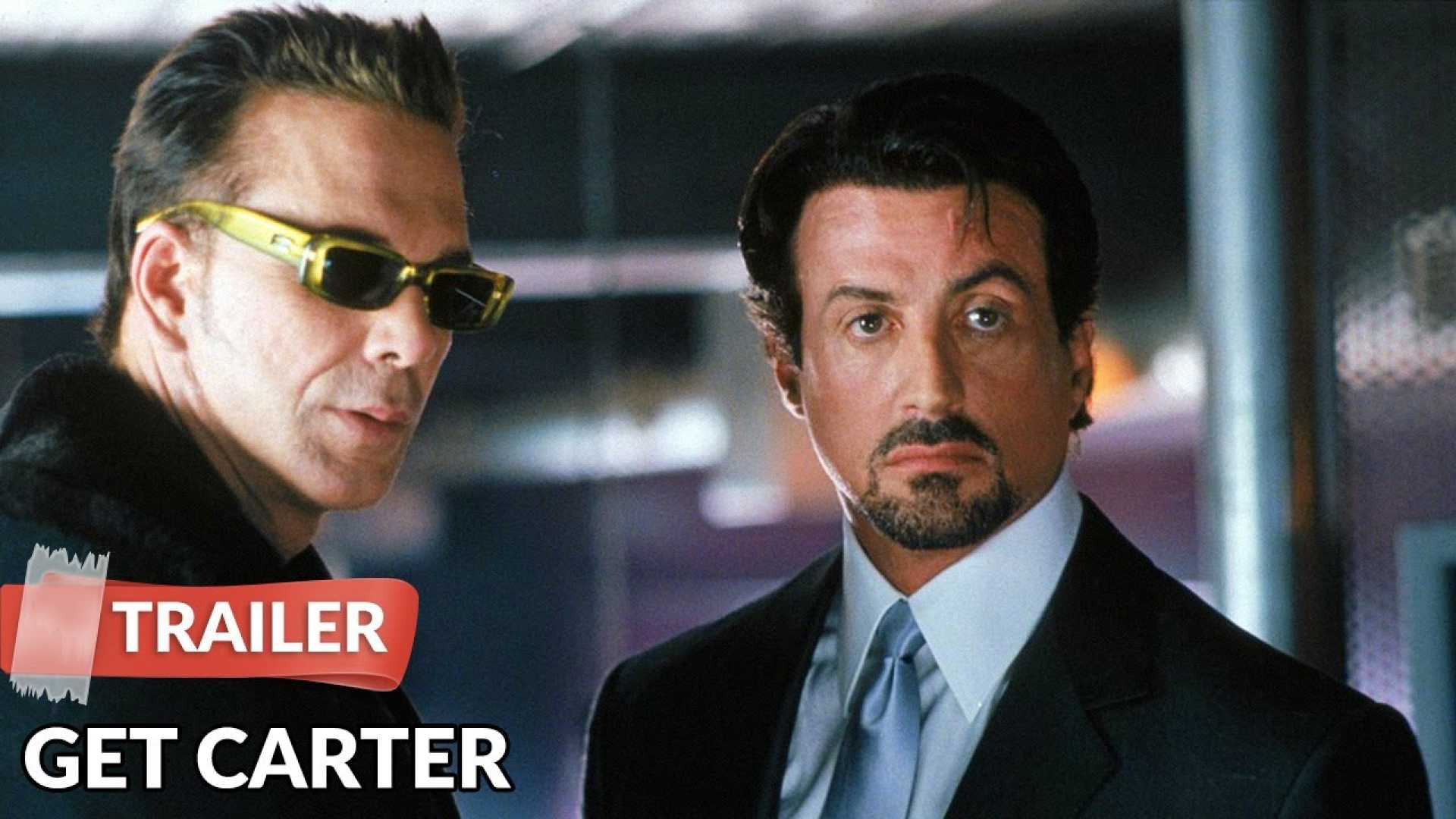Entertainment
Sylvester Stallone Reflects on the Failure of ‘Get Carter’ Remake

LOS ANGELES, CA – Sylvester Stallone recently shared his thoughts on the disappointing reception of his 2000 film ‘Get Carter‘ in an interview with The Hollywood Reporter. The actor expressed his feelings of nostalgia attached to original films and acknowledged that remakes often carry heavy expectations.
Stallone described his experience as a painful learning moment. He stated, ‘Believe it or not, I think Get Carter was really underrated. That was a big disappointment,’ pointing out the challenges in remaking a classic. The original ‘Get Carter,’ released in 1971 and featuring Michael Caine, is revered for its gritty portrayal of a mob enforcer seeking revenge.
In the 2000 remake, Stallone stars as Jack Carter, a vengeful mobster investigating his brother’s murder in a darker version of Seattle. Critics panned the film, giving it a mere 11% on Rotten Tomatoes, and viewers found it lacked the emotional weight of its predecessor.
The remake’s director, Stephen Kay, and screenwriter David McKenna attempted to update the story while honoring the original material. However, many felt the film missed the mark. Stallone acknowledged that capturing the essence of the unique storyline involved balancing action with deeper emotions.
Adding to the film’s troubles, ‘Get Carter’ was released the same weekend as the comedy ‘Meet the Parents,’ which overshadowed it with a massive $28.6 million debut. In contrast, ‘Get Carter’ earned only $6.6 million in its opening weekend.
Despite its lackluster box office performance and subsequent criticism, Stallone has defended ‘Get Carter,’ suggesting that it has merit beyond its initial reception. He whimsically connected it to another role in his recent series ‘Tulsa King,’ suggesting a thematic link, even if not a factual one.
Now, years later and with a successful career resurgence, Stallone reflects on the lessons learned from the misfire. He emphasizes the importance of storytelling quality in a film’s success, asserting, ‘At the end of the day, a good movie is a good movie.’












